End of an Era: Adieu Mario Vargas Llosa
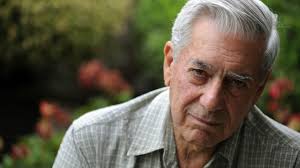
I still remember the early months of the year 2007 when I was battling with my own demons regarding the selection of a topic for my research work. I had no qualms in accepting Krishnakumar sir as my guide (Dr. V. Krishnakumar, Former Head, Department of English, MSM College, Kayamkulam) as he was my teacher during my BA English days and was always a like a role-model figure for me. He was gracious enough to accept me as his research scholar and thus the journey started. We had many discussions even during my M.Phil. time and it was he who inspired me to pursue research in the works of Amitav Ghosh. As part of the research I decided to work on Gabriel Garcia Marquez, my all-time favourite, Chinua Achebe and Amitav Ghosh using the concepts of Cultural Studies. The topic was finalized and I initiated the search for materials.
Later, during one of my visits to the Institute of English, I talked to Rajakrishnan sir, my teacher (Dr. V. Rajakrishnan) about the topic which I have selected. I told him that I wish to work on the role of a writer in the contemporary society, how they serve as powerful interpreters and reflectors of the society, using their craft to examine, critique, and shape cultural narratives and identities. I still believe that, the conversation with Rajakrishnan sir was a turning point in my research. He told me to focus upon a particular area and listening to the idea, he suggested to work on Mario Vargas Llosa alongside Garcia Marquez thus leaving out Achebe and Ghosh. I returned and told about this to Krishnakumar sir and he also welcomed the suggestion. So, finally it was Marquez and Llosa for me. I had only read “Aunt Julia and the Scriptwriter” and “The Feast of the Goat” by Llosa before. I started collecting materials with the help of my friend and I soon realized that his texts are not easily available (during those days). I was able to make a synopsis and managed the Doctoral Committee session too without any hiccups.
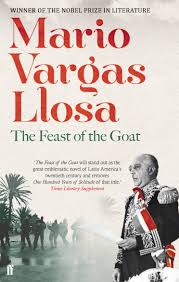
The process began and the books arrived. For me, Llosa was a total surprise. The Peruvian author opened up new vistas and fired up my imagination. For me, Latin America meant Marquez until then though I have read others too but Llosa helped me with “dreaming of fresh fields and pastures new”. Jorge Mario Pedro Vargas Llosa emerged as a popular writer during the Latin American Boom period (later as part of “post-Boom’ too) with novels like “The Time of the Hero”, “Conversation in the Cathedral”, and “Aunt Julia and the Scriptwriter”. These works toppled the conventions with their treatment of themes and use of narrative techniques. The trend set by “One Hundred Years of Solitude” was successfully carried forward by Llosa as he was deeply influenced by Marquez’s style. Llosa also employed multiple perspectives, blended dialogue and narration, created stories within the frame of history, lyrical passages and evocative imagery. His works often explored the themes of power, social inequality and individual resistance.
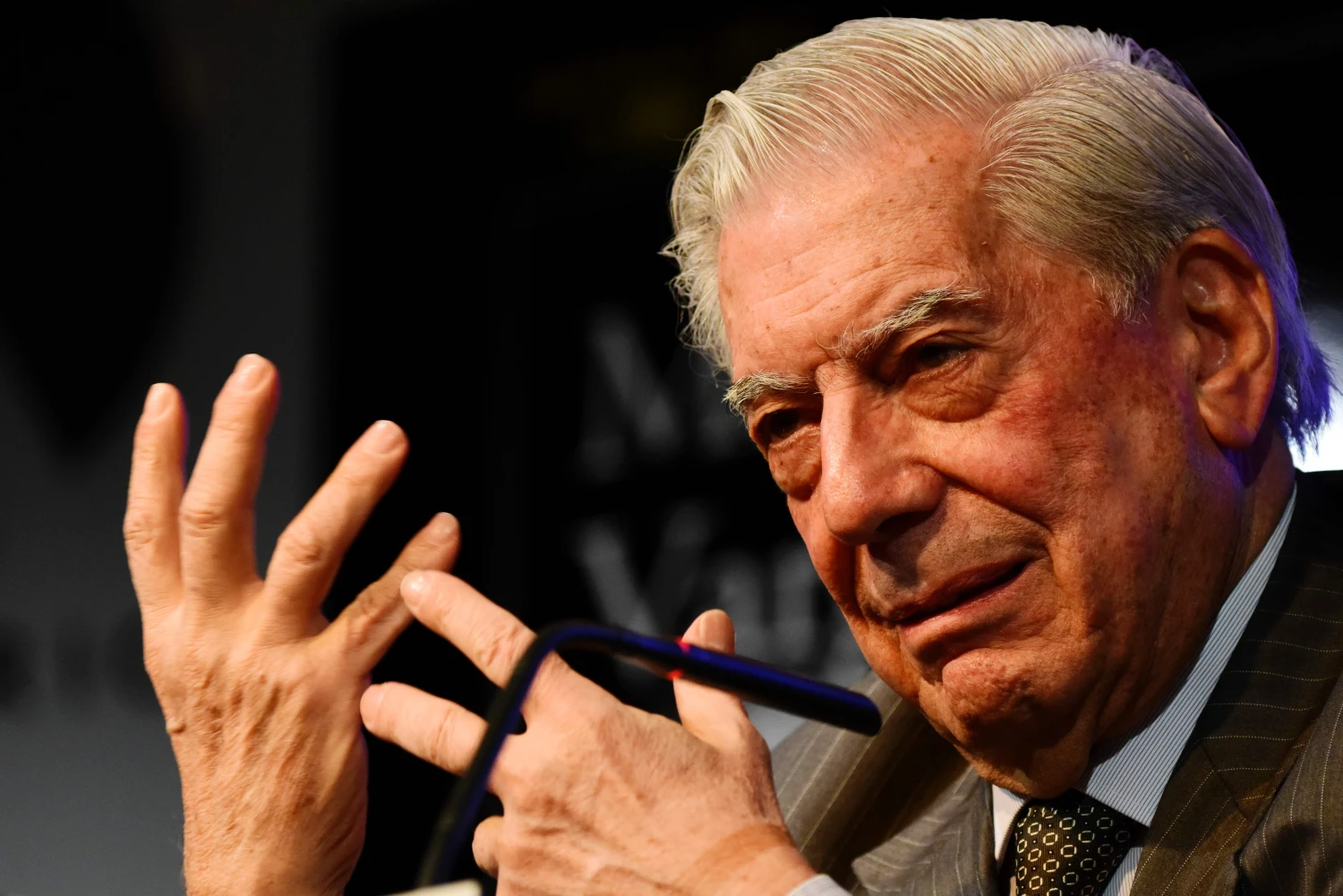
For me, Llosa was a ‘Writer-Shaman’ who experimented with fiction, and through metafictional novels, he tried to recreate the basis of everyday reality. Llosa chiefly influenced by the style of William Faulkner wrote about the tussle between hopes and desires of the commoners and their perpetual exertion to accomplish them. Through his literary oeuvre, Llosa has tried to present despondency and anguish of the populace, the abuse of power and the reaction against it through stark realism and fantasy. “The Time of the Hero”, Llosa’s debut novel originally published in Spanish depicted his own life-experiences and the story is set among the cadets in a Lima military school. The novel raised a few controversies too as the critics considered it as a scathing attack on the Peruvian military establishment. His second outing as a novelist was “The Green House” which narrated the story of a brothel house in Peru and traces how its presence affects the lives of the people around. Often, I feel that our renowned director P. Padmarajan may have been influenced by this novel while shaping the story of the Mammootty starrer, “Arappatta Kettiya Gramathil” (the film is originally an adaptation of his own short story with the same title).
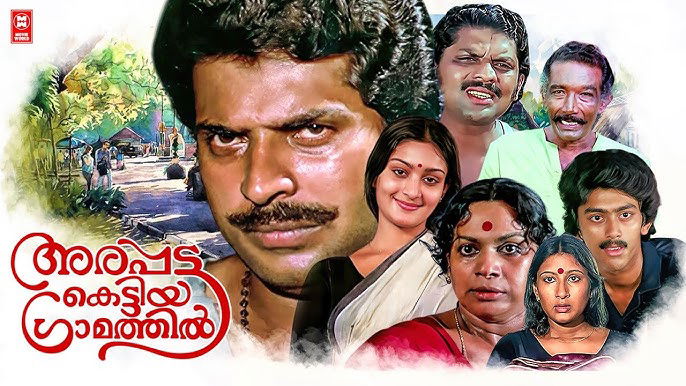
This was followed by “Conversation in the Cathedral” and the sensational “Aunt Julia and the Scriptwriter” (again semi-autobiographical) which depicted the saga of an 18-year-old student who falls for a 32-year-old divorcee. The next two novels are my all-time favourites, “The Real Life of Alejandro Mayta” which focussed on the leftist rebellion, happened at the city of Jauja and “The Storyteller” which told the tale of Saul Zuratas, a university student who leaves civilization and becomes a “storyteller” for the Machiguenga Native Americans. The novel portrays the impact of Westernisation and records the indigenous tribes’ struggle for existence.
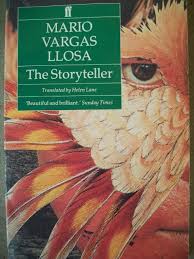
His other popular works are “In Praise of the Stepmother”, the most celebrated “The Feast of the Goat”, “The Way to Paradise”, “The Bad Girl” and “Harsh Times”. “The Way to Paradise” too is special for me as Llosa has presented the story of Paul Gauguin, the painter and Flora Tristan, his grandmother and a known writer/activist. The text presents a dual or split narrative of both these characters thus unfolding a biography of both Flora and Paul Gauguin.
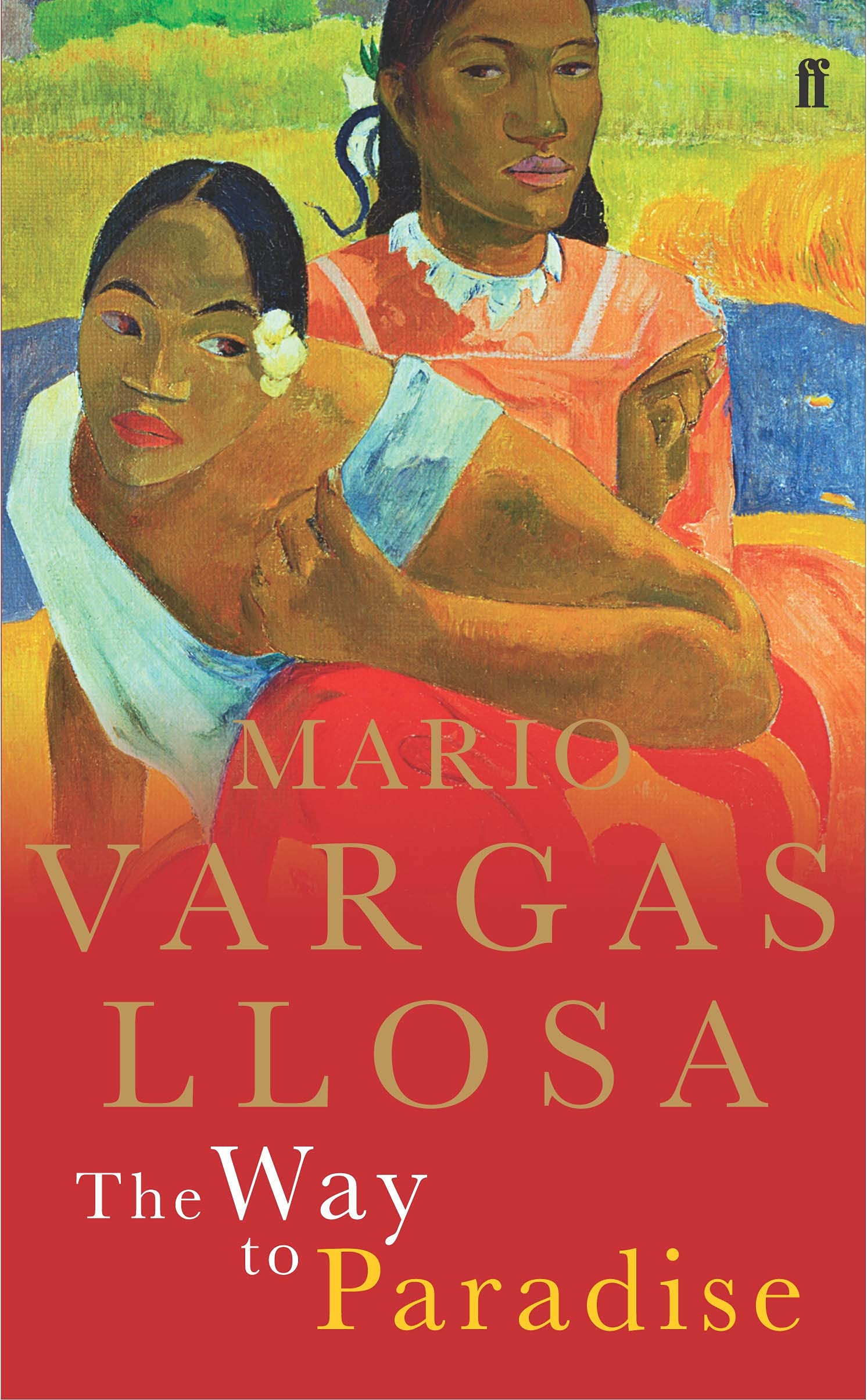
Mario Vargas Llosa was awarded the Nobel Prize for Literature in 2010 and his other notable contributions are his plays, essays and short stories.
Over a career that spanned more than 50 years as a writer, Vargas Llosa never shied away from politics and controversies too. He contested and lost his bid for the Peruvian presidency once, nursed a feud with his ‘mentor’ Garcia Marquez, and also got entangled in a few derisive remarks about power dynamics and gender.
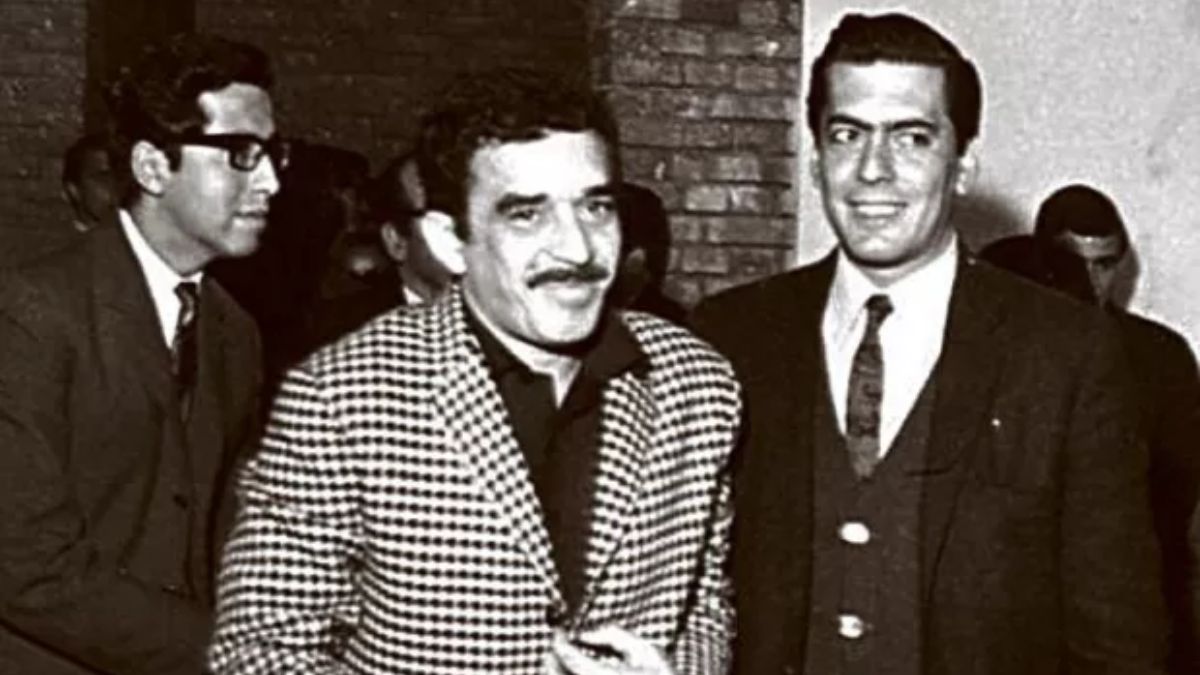
For me, Llosa’s death marks the end of an era, a man who dared to write about diverse subjects without fearing the consequences. Raji and I were fortunate enough today to welcome Krishnakumar sir and his family to our home, and I believe it was an absolute coincidence for this to happen on a day that marked the demise of Vargas Llosa.
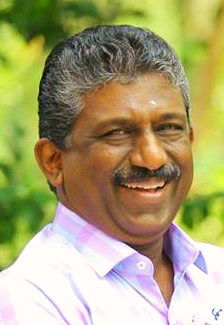
As Llosa himself had said, “…literature is a kind of revenge. It’s something that gives me what real life can’t give me - all the adventures, all the suffering. All the experiences I can only live in the imagination, literature completes”. Adieu Llosa… thanks for giving us fresh experiences and the world will always remember you….
Ranjith Krishnan